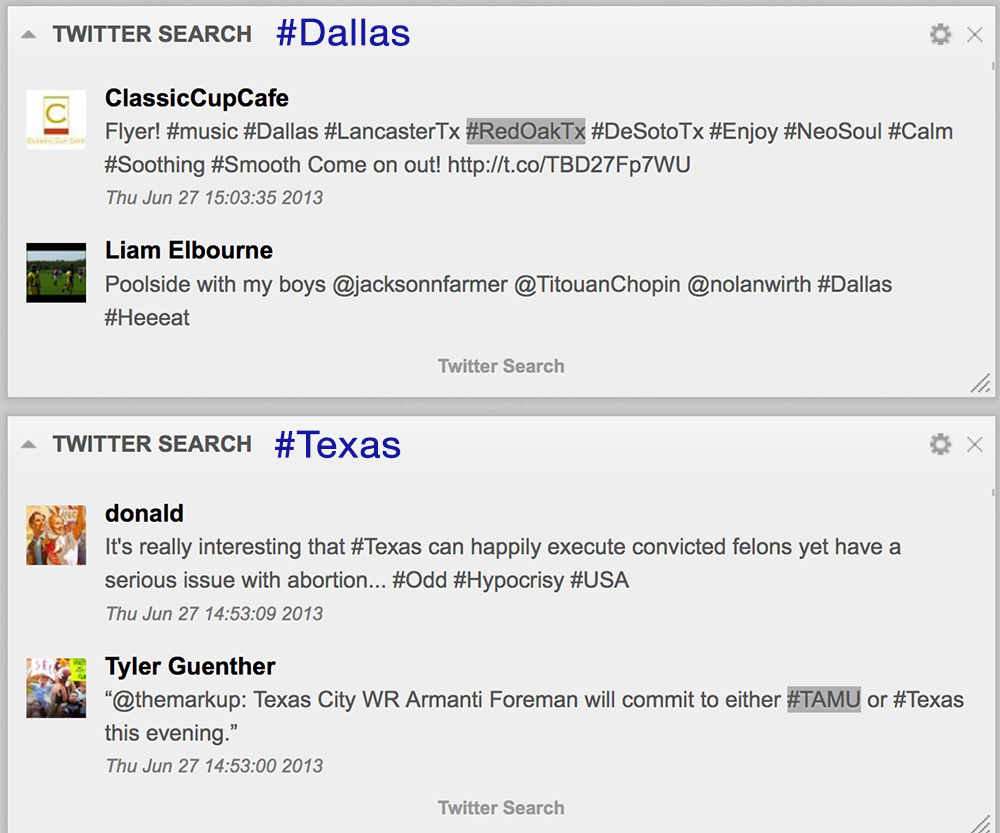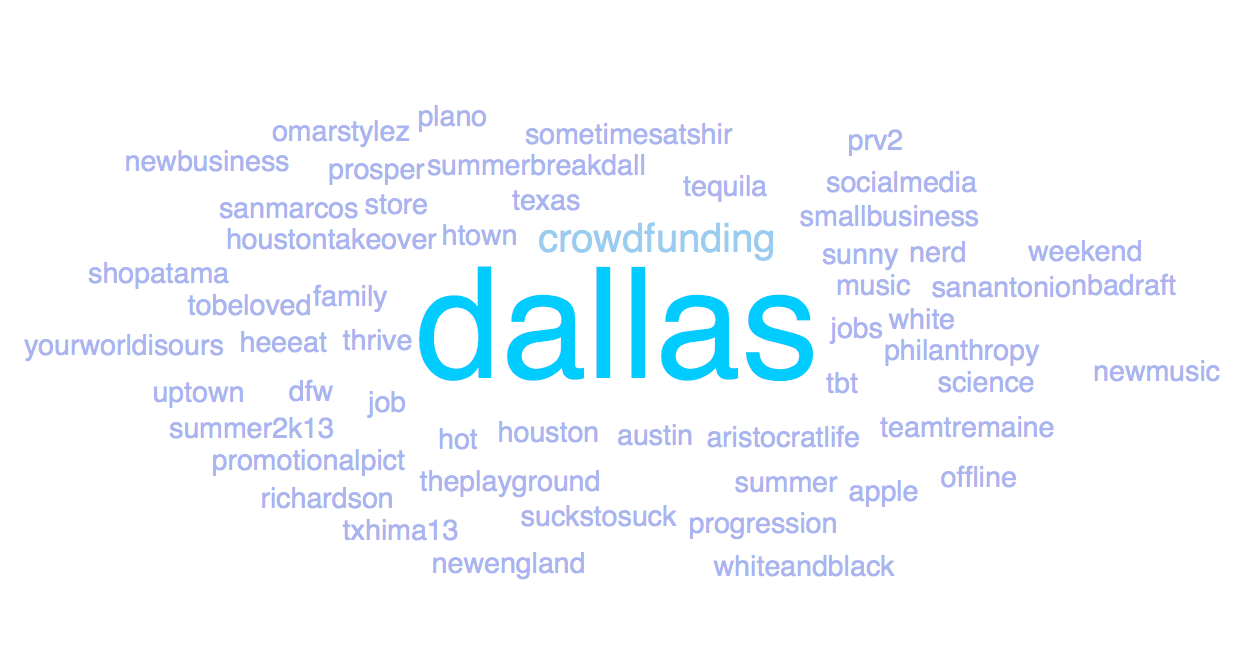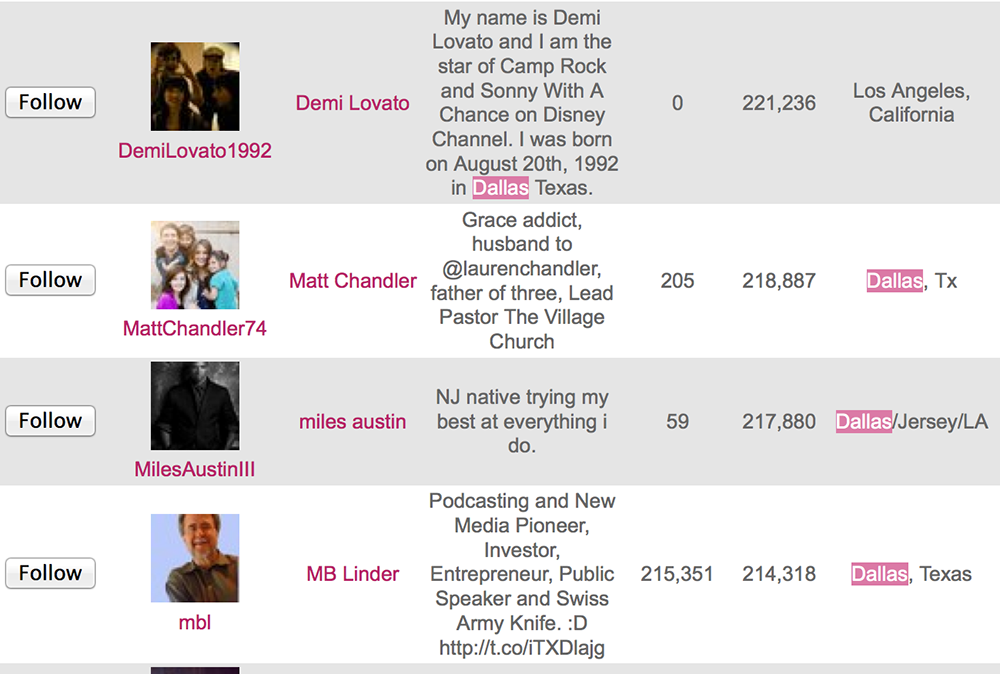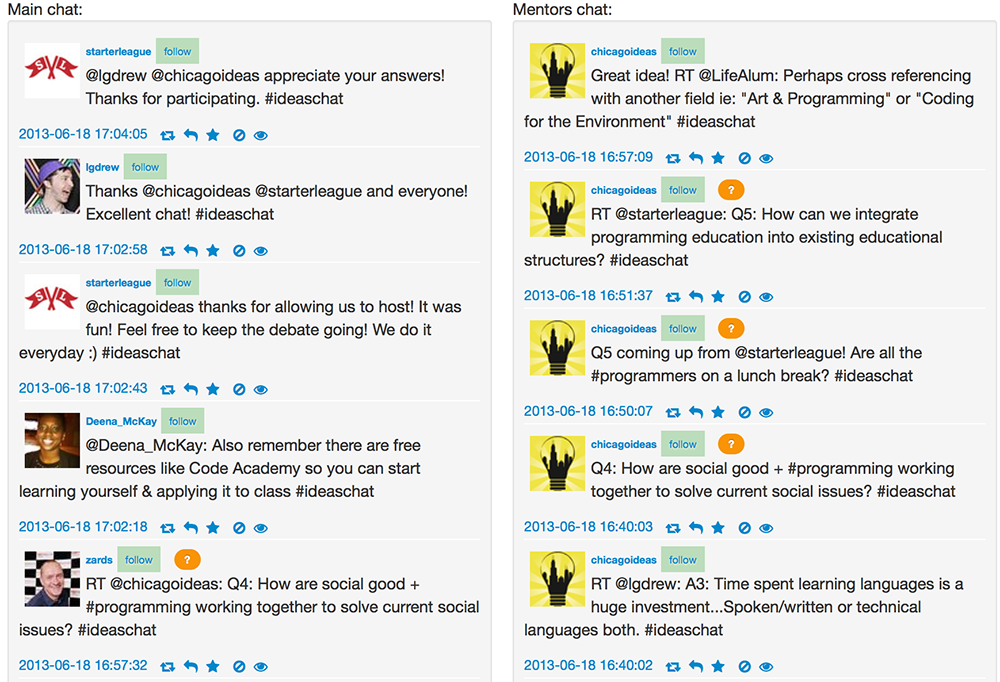Hashtags have been an increasingly popular and effective way to reach out to new communities and talk back to your customers. It can be a powerful way to build your brand and create the community around your topic.
It’s still underused though.
Nowadays that all three major social media sites have introduced hashtag support, think about infinite cross-platform promotion and networking opportunities you can discover by utilizing local hashtags!
How could you benefit from incorporating local hashtags into your marketing strategy?
- Obviously, if you own a local business, you can connect to local customers on their territory;
- If you are promoting an event, you can market it more effectively by using local events
- You can get some coverage from local media and blogosphere, etc
Here are some ways to market with local hashtags:
Of course your first step in utilizing local hashtags would be discovering what to monitor.
Start with the core tags:
The best technique to start with is to create the list of core local hashtags which are pretty much obvious and go from there. So, for example:
- City hashtag, e.g. #Dallas
- State hashtag, e.g. #Texas
Add them to Hootsuite, Cyfe or Tweetdeck and then just start following for a while. In many cases, people would use these main hashtags in combination with more specific hashtag relating to some local news- and event-specific tag they are using.

Using Cyfe to track local hashtags
Speaking of the above social media dashboards, you can actually use all of them (no need to choose one), but here’s a quick feature comparison:
| Hootsuite | Cyfe | Tweetdeck | |
|
Runs on… |
Web-based | Web-based | Windows, Mac |
|
Dashboard is organized… |
In sections and columns | In “widgets” | In columns |
|
Best feature: |
Has archives and analytics | Widgets can be resized and dragged to make sure you have a one-glance view | Has desktop notifications (easy to follow while working, reading, etc): Best way to catch news and react instantly |
Search for “Related” hashtags:
KeyHole is a cool tool that shows you “related” hashtags for the core one you provide (just search it and scroll down the page):

Google for local event, areas and communities
Another idea is to spend a few hours researching events, local areas: Most of those already have official hashtags!
- Run a search for local popular school, football teams, clubs and communities, radio
- Run a search for local meetups and (charity) events, etc
- Run a quick search for local parks, sights, etc
Follow local broadcasters
You can easily create a separate Twitter list (and follow them using the above social media dashboards) to figure which local-oriented hashtags they are using. Twiangulate is the great tool for that – its only downside is that you can’t really add those newly found connections to Twitter lists (so I still have to click to their actual Twitter profiles):

Searching for #Dallas users on Twiangulate
After a couple of weeks you’ll have a solid list of local hashtags you are tracking (Mind that creating that list is not going to be easy). Now you can start using them:
- Don’t overdo: People don’t like hashtag-stuffed updates (as those Tweets stop being personal)
- Target precisely: If you tweet an event, tag it: This means you automatically expend your reach to those who are participating in / going to the actual event
- Identify local bloggers and reach out to them (invite them to be your local journalists covering events they are going to: This means you’ll have tons of useful locally oriented content on your site!)
Idea: Consider starting your own local hashtag Tweetchat to bring your community together around your brand. Meet with your local contacts to talk about local events and news weekly or monthly. There’s a great free tool for that called TwChat. Its best feature is that it separates “mentors / hosts'” tweets from the whole stream, so followers can easier follow the conversation. It also saves the archive of tweets and it’s very fast as well:
Are you utilizing local hashtags yet? Please share your thoughts!
- How to Discover, Monitor and Utilize Local Hashtags - June 27, 2013

